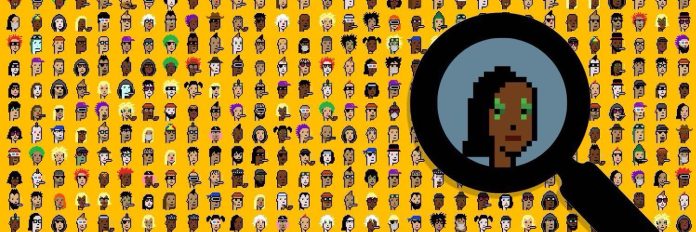The metaverse stands as a technological and cultural frontier and while it offers unprecedented possibilities for identity expression there is also potential to mirror real-world biases.
The metaverse is reshaping how individuals express their identities, reinforcing their connection to the digital world.
A study by metaverse platform Virtua found more than half (52 per cent) of Americans buy, sell, or trade digital items with 86 per cent of the 24–42 year-olds reporting digital items were part of who they were, while 73 per cent said they were important to their identity.
In this evolving digital landscape non-fungible tokens (NFTs) serve as infrastructure and the tools for establishing individual and group identity.
NFTs, through blockchain technology, have transformed physical symbolic capital into digital symbolic capital. Therefore, the virtual representations created by NFTs serve not only as expressions of individuality but also as symbolic capital accumulated through virtual interactions. They aid individuals in achieving self-presentation and identity construction within the metaverse.
Tajfel and Turner’s Social Identity Theory underscores the importance of shared beliefs in creating collective consciousness. Within the NFT community this manifests in common ownership and unique experiences that shape notions of identity among project holders.
The diversity of identities in the metaverse also promotes interaction between individuals from different regions of the world, and promotes cross-cultural understanding and communication.
There are some questioning the utopian ideals of the metaverse, with issues of cultural appropriation, insensitivity, and the perpetuation of real-world biases emerging.
In the condition that CryptoPunk #6537 and #2418 have precisely the same attributes, even the background colour, apart from the Avatars’ skin colour. The price of #2418 is 21 ETH higher than #6537, which is equivalent to approximately 45,000 USD. (Screenshot: OpenSea)
Kathy Keeling, in Social Interaction with Virtual Being, sheds light on the potential dark side of the metaverse which can perpetuate stereotypes and prejudices.
While, Yi Zeng and Aorigele Bao, in the journal From Virtual Reality to Metaverse: Ethical Risks and the Co-governance of Real and Virtual Worlds, highlight apprehensions regarding increasingly blurred boundaries between virtual and real worlds.
Such persistent interchange between virtual and real identities can lead to a rupture between individuals and society. And the ambiguity of self-identity may intensify people’s uncertainty about the meaning and value of their existence.
These concerns raise questions about the potential loss of authenticity and autonomy of real-world identity.
Although the Metaverse serves as a medium for self-expression, it still needs to be determined to effectively distinguish between the realm of intent and immersion when one enters it.
The metaverse has triggered ethical reflections on identity representation and as it continues to evolve, consideration of ethical implications and commitment to fostering a truly inclusive environment is critical to realising its potential as a transformative cultural space.






